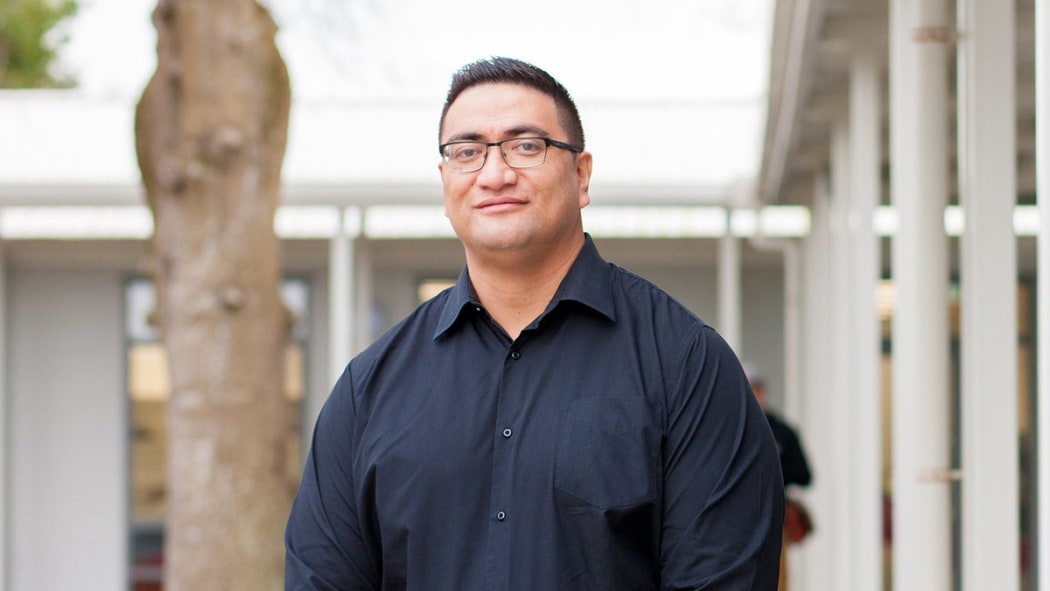Dr Dan Tautolo is following the lives of nearly 1,400 Pacific Island babies born at Middlemore Hospital in South Auckland in the year 2000.
He's the director of AUT's Pacific Islands Family Study – the only study in the world tracking the health and development of Pacific children.
The kids in the study are now 17 and starting life away from school, and Dan says he's hopeful for their futures.

Dr Dan Tautolo, director of the Pacific Islands Family study in NZ Photo: Supplied / AUT
The study is an opportunity to learn about the specific challenges that are particular to Pacific Islanders, Dan says.
But as well as looking at the risk factors, the researchers are measuring which things – such as nutrition and exercise – are having a positive effect in the kids' lives.
The relationship between cultural identity and mental well-being is a standout, Dan says.
"We've found that those who are more strongly aligned or identify with their traditional Pacific culture tend to do better in terms of health outcomes, education, all kinds of things."
He hopes providing the numbers on the negative effects of the loss of culture will be a strong wake-up call to Pacific communities.
The families in the study are interviewed by researchers every two years. Some have moved 7 to 10 times in that period so extended family members and Facebook sometimes play a role in tracking them down.
Seventy-five percent of the kids have stayed in South Auckland, but around 300 have moved to Australia where a large number live with their grandparents.
While many studies are quantitative (measuring data), the Pacific Islands Family study is also qualitative (interview-based) to unpack the stories behind the statistics.
Dan wants to find out why 40 percent of new fathers in these families were smokers yet 80 percent of those said they wanted to quit, for example.
"What's driving that and what could be ways to change those things or turn them around?"
Only a small number of families have pulled out of the study and most are excited to participate, Dan says.
"Some families when we go to interview them pull out of a folder and they've got all of the information sheets that we've ever sent them since the year 2000. They kind of see it like a record of their kids development and they're really interested in making a contribution that's going to be useful for our Pacific families and communities."
When the kids were 14, the most common field they wanted to work in was police and national security, nine percent of them want to be professional sportspeople.
The researchers are now finding out what their aspirations are at 17.
"A lot of the kids we talk to have really strong ideas and plans about what they want to do to try and improve things for themselves and for their families, as well. I think the future is looking really bright.
"These kids are gonna be a strong part of the driving force behind society moving forward so anything we can do to support them and promote them is a good thing."

